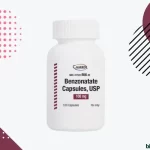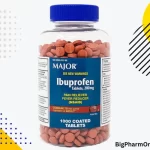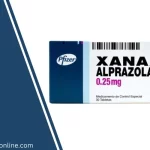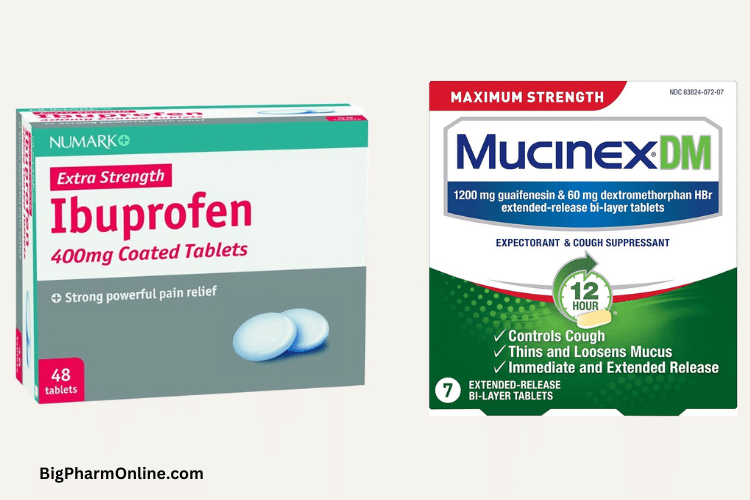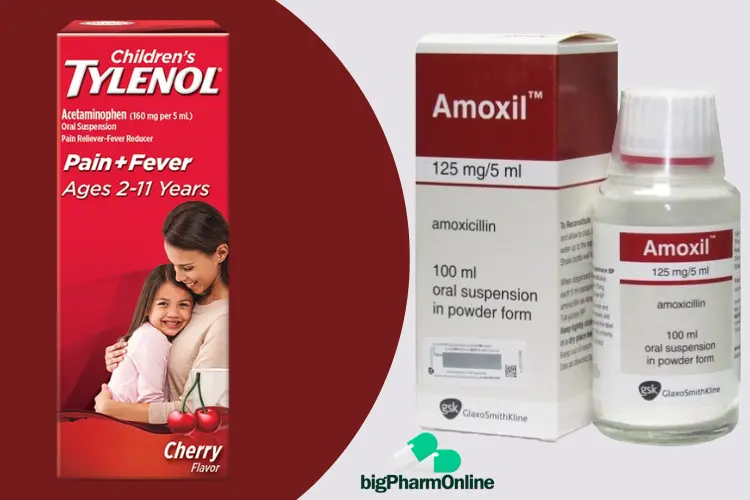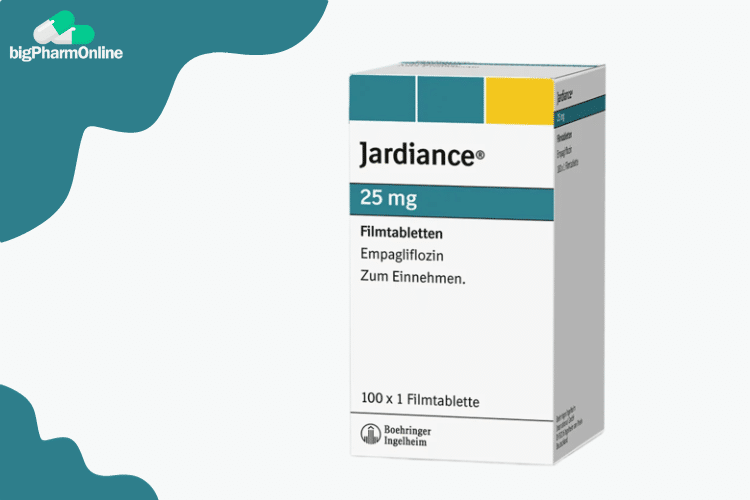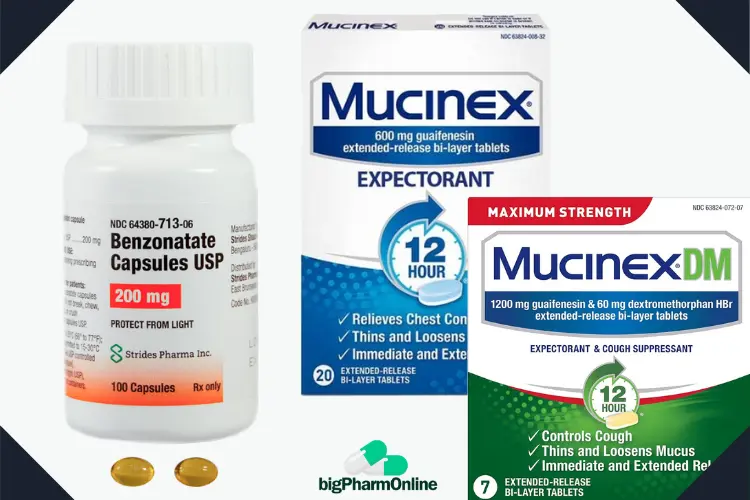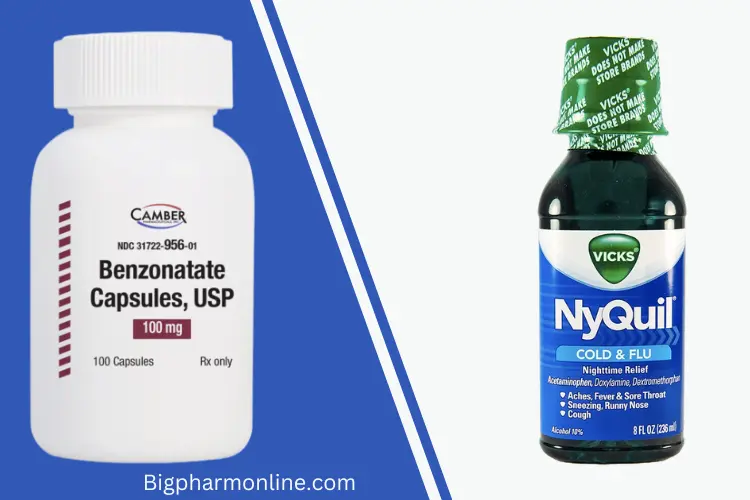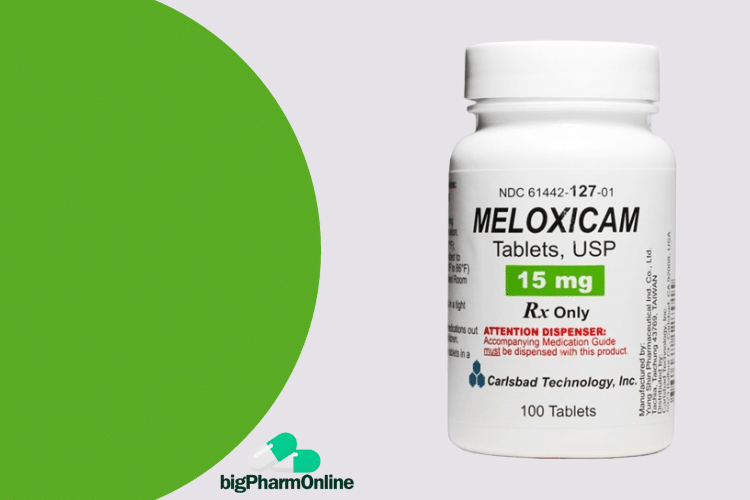Is Oral Finasteride Better Than Topical Finasteride?
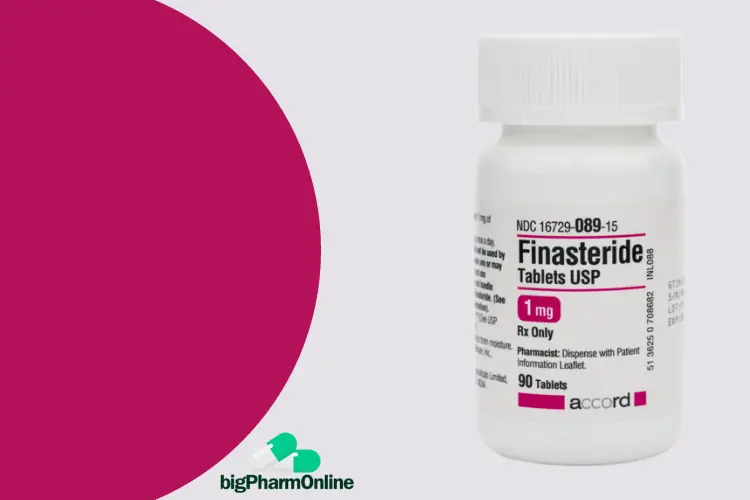
Finasteride is highly effective in the restoration of hair growth in men and women with androgenetic alopecia. However, the existence of different dosage forms of the drug makes it difficult to know which one to choose from.
In this article, we’ll take a closer look at oral Finasteride vs topical finasteride. The pharmacist will let you know if oral finasteride is better than topical finasteride or if they are just the same.
Key points
- Both oral and topical finasteride are effective for treating hair loss by inhibiting the enzyme 5-alpha reductase to lower Dihydrotestosterone levels.
- Topical finasteride results in fewer side effects than oral finasteride since less gets absorbed systemically. Oral finasteride has higher sexual side effect risks.
- While both dosage forms are similarly efficacious for hair regrowth, topical finasteride’s decreased systemic absorption may give it a superior side effect profile over oral tablets.
What To Know About Finasteride
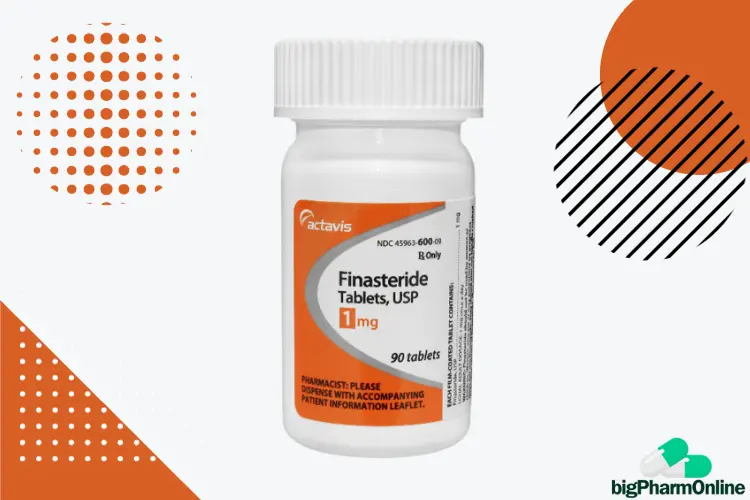
Finasteride is a prescription drug belonging to a class of medications called 5-alpha reductase inhibitors. It works by inhibiting an enzyme called 5-alpha reductase. This enzyme is responsible for converting testosterone into a potent metabolite called dihydrotestosterone (DHT) [1].
DHT is believed to be responsible for Benign Prostatic Hyperplasia (BPH) and androgenetic alopecia or pattern hair loss in both men and women. Research conducted to verify this fact has recorded an increased amount of dihydrotestosterone in the scalp of men with alopecia.
It has also been observed that males who were castrated before puberty and those who have androgen insensitivity syndrome do not have pattern baldness [2].
Finasteride was first approved for the treatment of benign prostatic hyperplasia (BPH) in 1992 at a dose of 5 mg daily. It was first used in the treatment of androgenetic alopecia or male pattern hair loss in 1997 at a dose of 1 mg daily.
There are also studies trying to establish if dutasteride, the brother to finasteride can also be used in hair loss treatment.
Is oral finasteride better than topical finasteride?

In terms of efficacy, both oral and topical finasteride are relatively effective in the treatment of male pattern hair loss. Oral finasteride acts systemically in the blood and reduces serum DHT levels by up to 70%. Topical finasteride on the other hand acts locally and reduces the DHT level in the scalp.
The comparable effectiveness of both dosage forms is backed by a study conducted to ascertain the therapeutic effect of finasteride gel (topical) and finasteride tablet (oral) in the treatment of androgenetic alopecia.
In the study, 45 men with alopecia were divided into two groups. One group was placed on topical finasteride while the other group was placed on oral finasteride. Both groups were monitored.
At the end of the study, hair regrowth was observed but there was no significant difference between the two groups in terms of terminal hair, size of the bald area, and hair count [3].
- Terminal Hair refers to the thick, pigmented, coarse hairs on the scalp, beard, pubic area, and armpits. They are visible hair shafts produced by fully mature hair follicles. It is terminal hairs that shrink and thin during balding.
- Size of Bald Area is the area of visible baldness or sparse hair growth on the scalp. It is typically measured in centimeters or inches. The size of bald area is used to quantify the degree of baldness and to also monitor any changes in the extent of visible hair loss pattern over time.
- Hair Count is the number of hair follicles counted per area of the scalp, generally a 1 cm circular area. It helps track hair density and the success of treatments by comparing baseline counts to post-treatment follicular counts. Increased hair count indicates the hair follicles are recovering and producing more visible terminal hairs.
In terms of side effects, topical finasteride has been found to have lesser side effects than the oral formulation. Oral Finasteride is associated with serious side effects which usually involve the reproductive system.
It causes low sex drive, inability to get or maintain an erection, low volume of ejaculate, enlarged breasts, reduced testicular sizes, and difficulty having orgasm. A lot of men in reproductive years avoid the use of finasteride due to these side effects.
The side effects associated with topical finasteride are minimal. It includes scalp irritation, reddening (erythema), itching, and contact dermatitis. Very few studies on topical finasteride are available. As such, not much is actually known about the extent of its safety.
Topical finasteride has not been approved by the FDA. Which means you cannot get it over the counter in your local pharmacies. They are currently marketed as compounded medications and must be prescribed by a professional.
Final Thoughts
Both topical and oral finasteride are effective in the treatment of male pattern baldness. However, topical finasteride is likely to cause fewer side effects than oral finasteride. More research needs to be conducted to have a good view of the safety of topical finasteride in the management of androgenetic alopecia.
References
- Zito PM, Bistas KG, Syed K. Finasteride. [Updated 2022 Aug 25]. In: StatPearls [Internet]. Treasure Island (FL): StatPearls Publishing; 2023 Jan-. Available from:
- Ho CH, Sood T, Zito PM. Androgenetic Alopecia. [Updated 2022 Oct 16]. In: StatPearls [Internet]. Treasure Island (FL): StatPearls Publishing; 2023 Jan-.
- Hajheydari Z, Akbari J, Saeedi M, Shokoohi L. Comparing the therapeutic effects of finasteride gel and tablet in treatment of the androgenetic alopecia. Indian J Dermatol Venereol Leprol. 2009 Jan-Feb;75(1):47-51. doi: 10.4103/0378-6323.45220. PMID: 19172031.
Was this helpful?
About the Pharmacist
Pharm. John Mark (BPharm) is a licensed pharmacist with over 6 years of experience spanning clinical, community, and hospital pharmacy settings.
His wealth of experience and expertise makes him your knowledgeable and go-to source for all pharmacy and medication-related questions.
